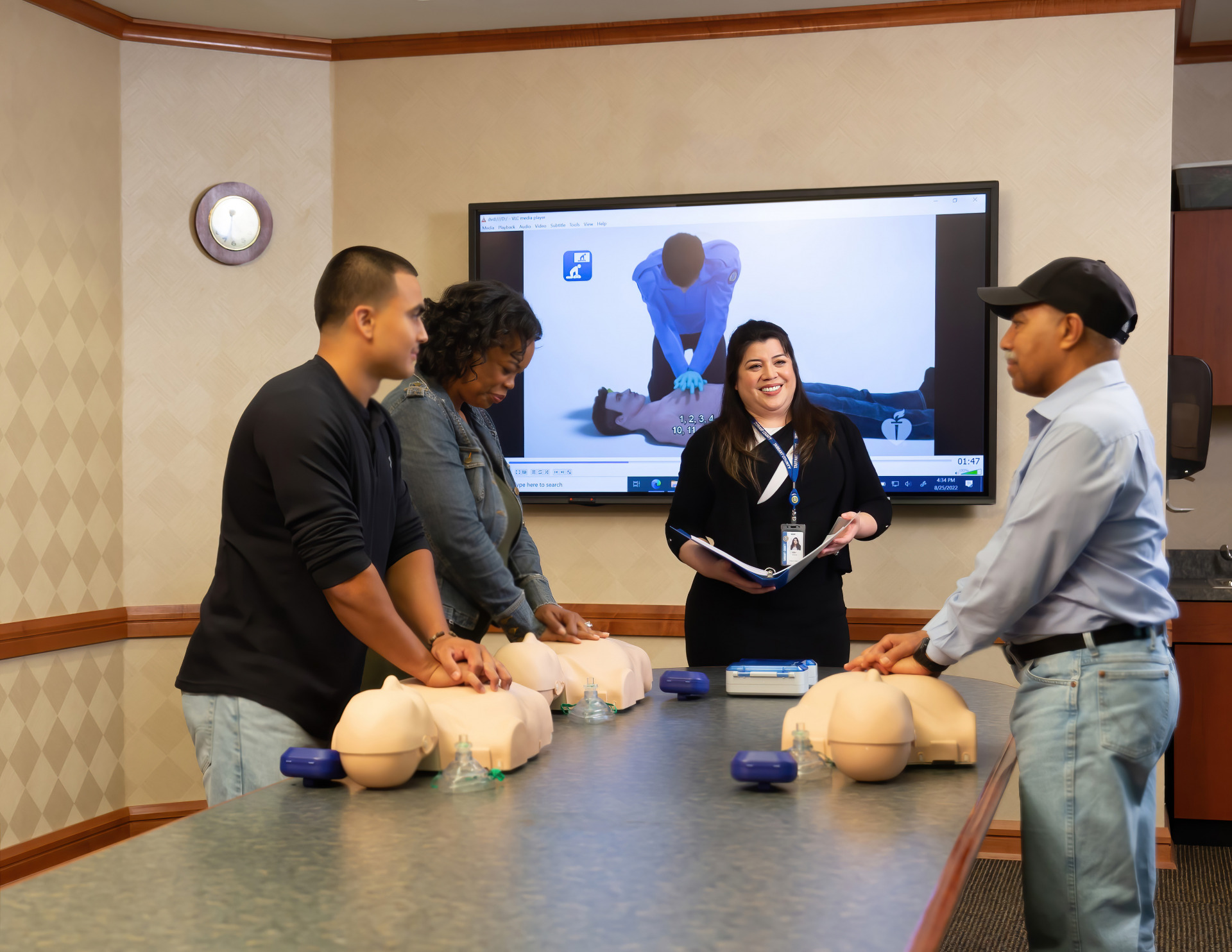FAQs

Find answers to your questions
Can I register to volunteer if I don’t live in Tarrant County?
Yes. Residents of surrounding counties can register to volunteer with the Tarrant County MRC
Will I be asked to volunteer outside Tarrant County?
No. TCMRC volunteers are only asked to assist with events occurring within Tarrant County.
What are the benefits of being an MRC volunteer?
As a TCMRC volunteer, you will be provided with a MRC t-shirt and any other equipment needed to perform your volunteer duties. Volunteers also have the opportunity to participate in disaster exercises and drills, as well as numerous training events, many of which offer free Continuing Education Credits (CEUs). Also, in the event of a public health emergency requiring mass prophylaxis, MRC volunteers assisting with response efforts and their immediate family members will receive priority prophylactic treatment.
What about liability for MRC volunteers?
Under the Volunteer Protection Act (VPA) of 1997, people who volunteer for non-profit organizations or governmental entitles cannot be held liable for any harm (except for harm caused by operation of a motor vehicle or a harm caused by criminal conduct or gross or reckless misconduct) that they may cause while engaged in volunteer activity. This organization [or entity] qualifies under federal law, so if you volunteer, you can do so secure in the knowledge that by volunteering you are not exposing yourself to additional legal liability. The VPA of 1997 can be viewed in its entirety here.
How much time will I be required to volunteer?
The decision to volunteer and the amount of time you volunteer is always at the discretion of the volunteer. The decision to volunteer and the amount of time you spend volunteering is always up to the volunteer. Fortunately, disasters don’t happen every day; however, we do have a need for volunteers to assist with public health and other community events throughout the year, and TCMRC volunteers are encouraged to volunteer when a need arises.
Typically, the orientation and Point of Dispensing training (offered online and classroom) takes about 1.5 hours to complete; disaster drills and table-top exercises are 2 – 4 hours in length; and non-emergency community events range from 1 – 4 hours in length.
During emergency response operations, volunteers are asked to work a minimum of 4 hours, but are not allowed to work more than 12 consecutive hours per shift.
What kind of training will I receive?
All volunteers must complete Orientation & Point of Dispensing and HIPAA Compliance training. Numerous other emergency preparedness and public health-related training courses are offered throughout the year.
I don’t have a car, is transport provided for volunteers?
No. Volunteers will need to provide their own transportation to and from volunteer activities.
How will you contact me and when?
Whether the MRC Coordinator is sending announcements, E-updates, educational material or notification of an emergency, the first method of contact is always by e-mail. Therefore, it is very important to keep your contact information (phone / e-mail / address) current in the volunteer database.
In the event of an emergency, volunteers will be notified using multiple methods including phone, e-mail, and text messaging.
Who will have access to my personal information?
Only MRC staff will have access to the information contained in your online volunteer profile.
If you do not find the answer you are looking for, please contact us so we can assist you further.
